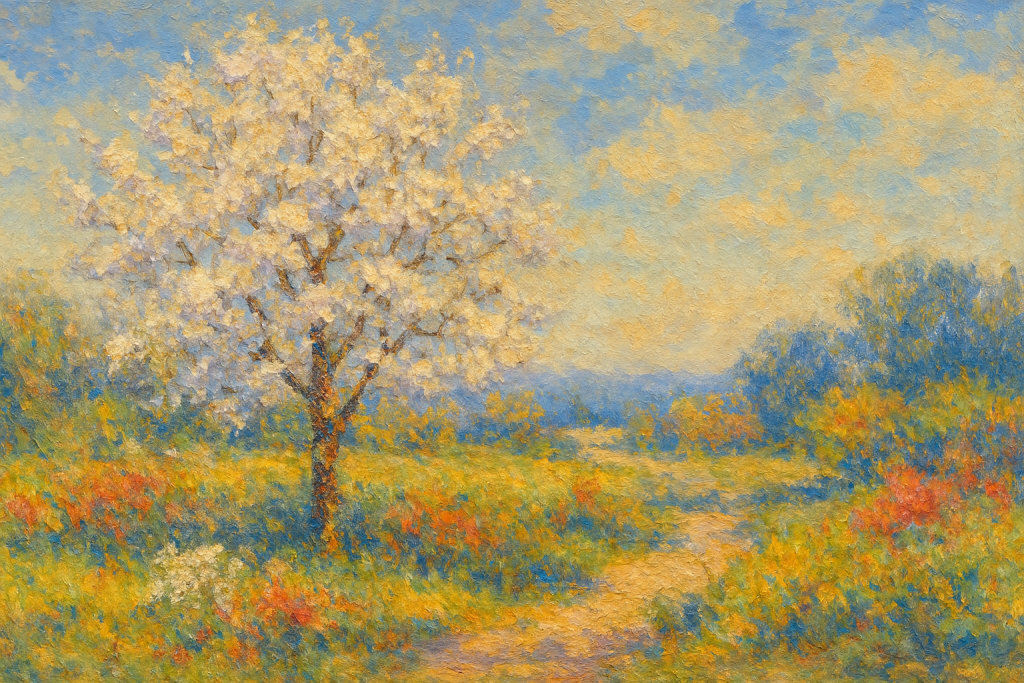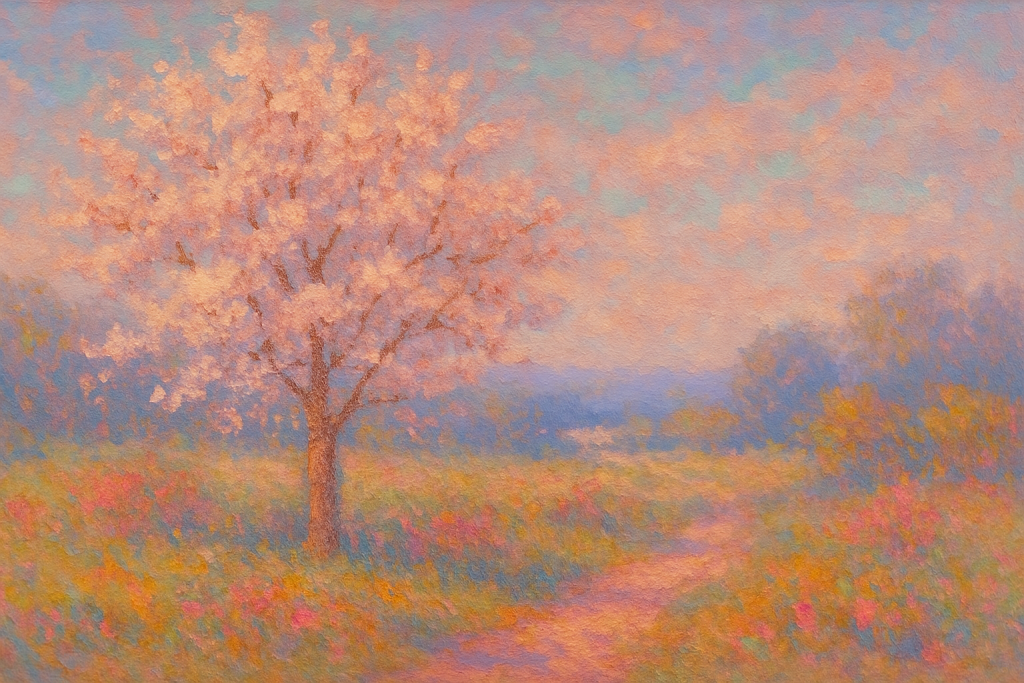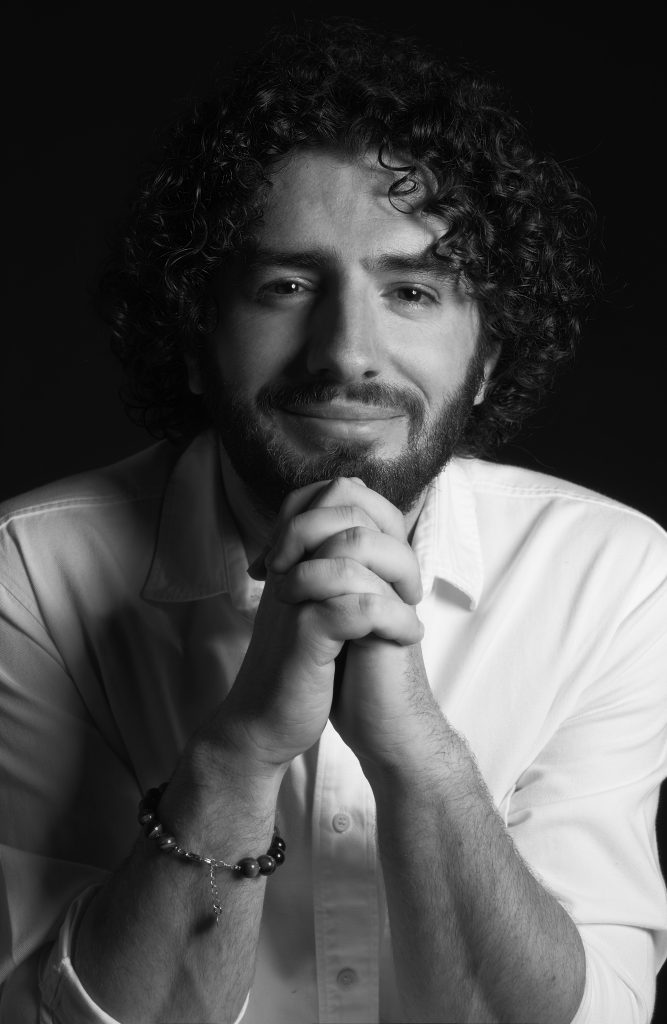
Hakan Mengüç, April 2025
In recent weeks, I’ve been traveling across many cities in Europe for seminars and book signings.
And in every city I visited, I could hear the footsteps of spring…
The budding trees whispering in quiet alleys,
the gentle sunlight touching faces with kindness,
and that lightness quietly resting in people’s eyes…
It was as if everything around me was speaking.
I believe that every season has its own language,
and every scene invites us to listen inward.
If we know how to see, life always carries a message for us.
So, what is spring telling us?
What do flowers say as they bloom?
What do the trees teach us as they let go of their dry branches?
Spring is not only the awakening of nature—
it is the awakening of the soul.
Just as the earth sheds its old skin,
we are called to release what we carry within.
Every new leaf is like a quiet intention
breaking free from the past.
And every spring,
we are gently reminded to let go of what no longer serves us.
Sometimes, we carry burdens for years without noticing:
A word we couldn’t forgive,
a disappointment buried deep inside,
a regret we pretend to forget but still echoes in the silence of the night…
Spring leans in and softly whispers:
“Let it go now. It’s time to renew.”
Just as we clean our homes in spring,
we must also cleanse our hearts.
As the Sufi sages say:
“The heart is a mirror; but once it’s covered with dust, it cannot reflect.”
So how do we cleanse ourselves?
It all begins with an intention.
A simple but profound one:
“With this spring, I choose to purify my heart,
to let go of what weighs me down,
and make space for something new to bloom.”
Sometimes it’s like a prayer.
A whisper carried on a walk,
a sentence written in silence,
or a moment of simply listening within…
True cleansing starts not on the outside,
but deep within.
And each step taken from the heart opens a new path.
Every spring, I do a small ritual.
I take a piece of paper and write down what feels heavy inside—
a feeling I haven’t released,
a person I haven’t yet forgiven,
or words I’ve never spoken out loud.
And then I gently release that paper into flowing water.
Softly, I say to myself:
“I release you with love. I no longer choose you—I choose peace.”
Maybe not everything changes in that moment.
But a lightness begins to rise inside.
And that lightness becomes a new breath for the soul.
Don’t forget, my dear friend,
Life becomes clearer not from the outside,
but from within.
And sometimes you find your answer
in the blooming of a flower,
in the cool air of morning,
or in the quiet peace that comes after a single tear.
So this spring—
don’t just open your windows…
open your heart, too.
And now… leave a gentle intention in your heart.

This is my intention…
With this spring,
I choose to lovingly release the burdens of my past,
to cleanse the old wounds that left marks on my heart,
to awaken the joy that has been quietly sleeping inside,
and to approach myself with more softness, more compassion.
I choose to welcome each new beginning with hope,
to patiently nurture the change blooming within me,
and to embrace the spring blossoming in my soul with love.
Because I know—
true spring does not begin outside…
it begins within.





















